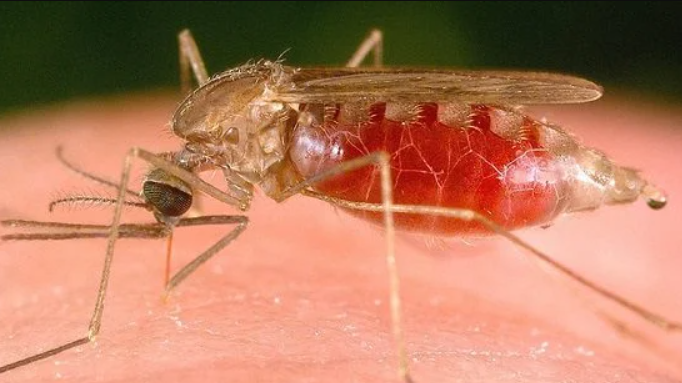According to the Centers for Disease Control and Prevention (CDC), Florida and Texas have reported the first local occurrence of malaria in 20 years. The CDC issued an urgent health advisory on Monday, confirming the outbreak and expressing concerns about a potential resurgence. Cases of Plasmodium vivax malaria acquired locally have been identified in both states. Four cases have emerged in Florida over the past two months, while Texas has reported a single case. There is currently no evidence indicating a link between the cases in the two states. All individuals affected by malaria are undergoing treatment and showing signs of recovery.
The recent cases of locally acquired mosquito-borne malaria in the United States mark the first instances since 2003, when eight cases were identified in Palm Beach County, Florida. However, the Centers for Disease Control and Prevention (CDC) emphasizes that the risk of locally acquired malaria in the United States remains extremely low.
13. Quick recap:
— TexasLindsay™ (@TexasLindsay_) June 28, 2023
1) 1997 Gates: “I fund population control”
2) 2018: Gates funds Oxitec that releases millions of GMO 🦟 in TX/FL.
3) 20 yrs later malaria returns to the U.S. but only in TX/FL.
Don’t worry, another Gates funded effort is already working on a 💉to save us…😏 pic.twitter.com/Odk1bAUYrD
Malaria is primarily transmitted through the bite of an infected female Anopheles mosquito. While mosquito bites are the main mode of transmission, it is worth noting that malaria can also be transmitted from a mother to her fetus, through blood transfusion, organ transplantation, and unsafe needle-sharing practices.
The symptoms of malaria can vary but typically include fever, chills, headache, body aches, and fatigue. These symptoms generally manifest within 10 days to 4 weeks after infection. If not promptly treated, malaria can progress to a severe and potentially life-threatening condition.
The CDC is advising the public to take preventive measures to avoid mosquito bites and reduce mosquito populations in their surroundings as a way to safeguard against mosquito-borne diseases. The occurrence of locally acquired malaria cases in Florida and Texas has sparked conversations on various social media platforms, particularly regarding the correlation between these states and the release of genetically modified (GM) mosquitoes.
The CDC has already refuted such speculation by stating, “The EPA evaluated the potential risk of releasing GM mosquitoes into communities and determined that there is no risk to people, animals, or the environment.”
Furthermore, there is an additional claim suggesting that undocumented immigrants who have not undergone testing at the border are introducing malaria into communities within the United States.




